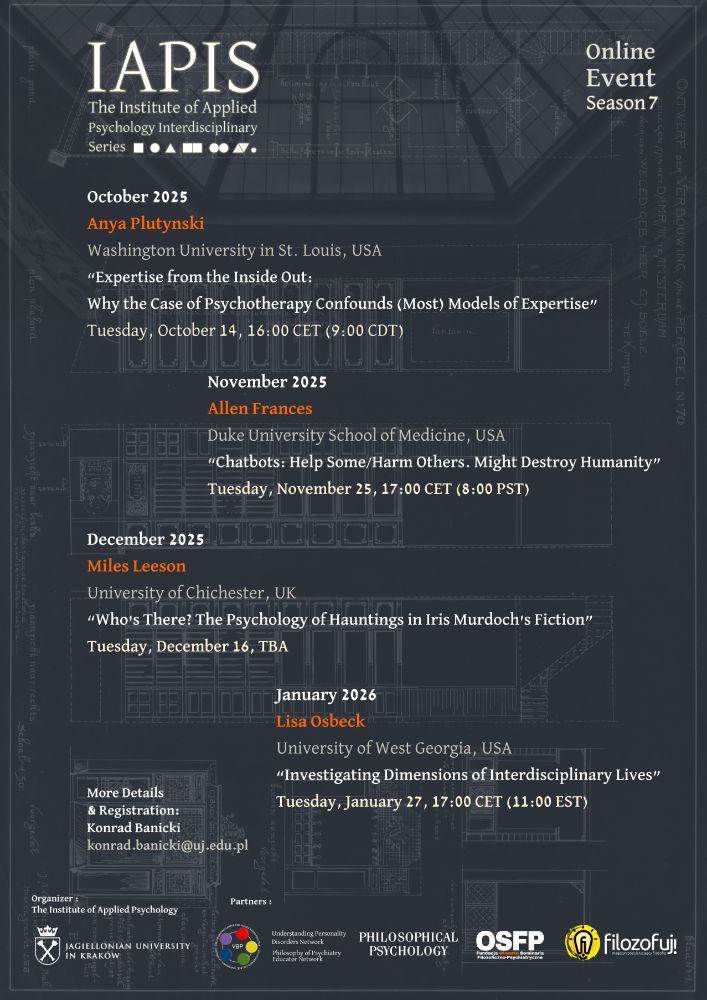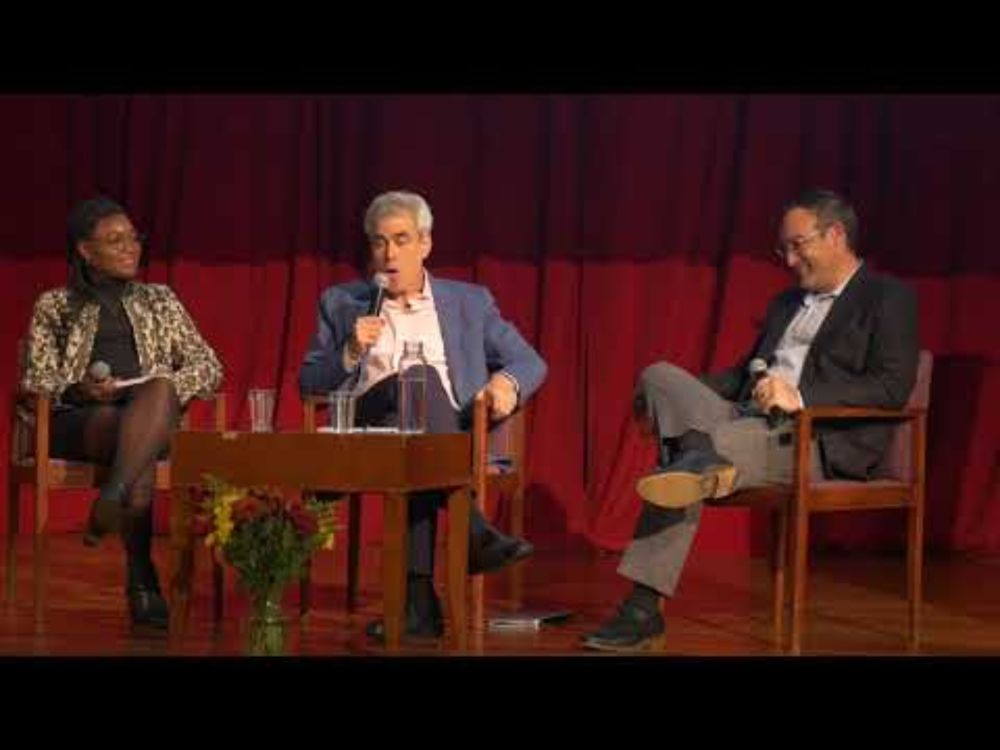Konrad Banicki
@castalia1981.bsky.social
130 followers
180 following
140 posts
Philosophy • psychology • psychotherapy (gnōthi seauton) • psychiatry • Zen • chess • literature • Tweets in EN/PL • Views expressed, if any, are not mine
Posts
Media
Videos
Starter Packs







